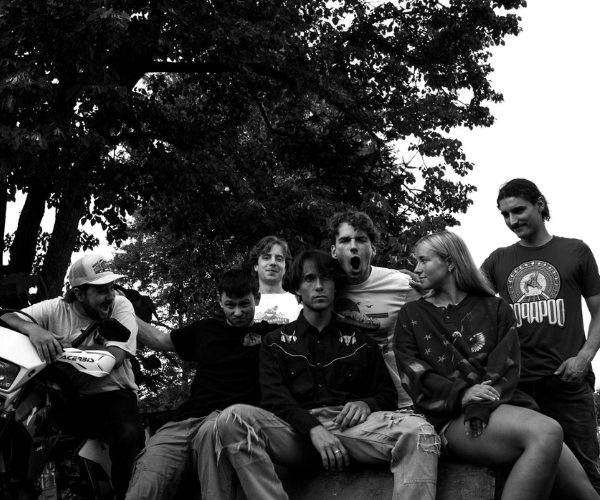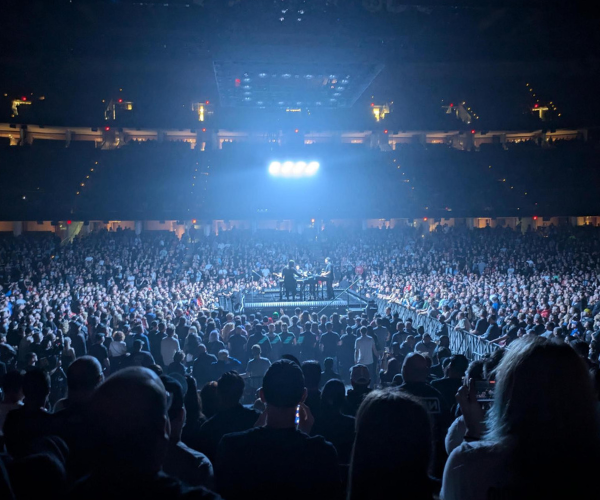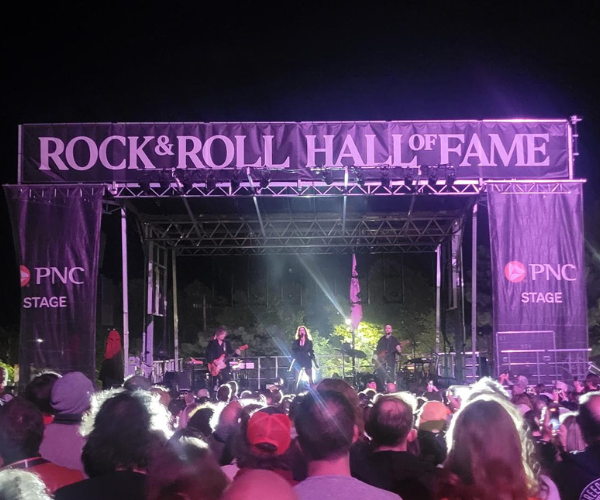Cleveland hip-hop artist Archie Green is not a stranger to therapy. He’s a huge advocate. The 31-year-old musician, who was diagnosed with depression in 2014, raps about it his explosive tell-all “Layers,” that’s become an anthem for his mental health advocacy. Certified by news coverage from Vice and the BBC, Green’s goal to normalize mental health issues with black youth led to the Peel Dem Layers Back event last November that featured sessions with local pastors, youth poets and licensed therapists. The third Peel Dem Layers Back event April 6 at Warrensville Heights High School at 5 p.m. features performances by Green, Six of Twelve poets and the Warrensville Heights High School Poets Society. Green chats with us before the event.
Q: You’ve talked about it “being a privilege to be African-American and vulnerable.” Were you ever embarrassed advocating for mental health in a hip-hop community?
A: Initially, when I wrote “Layers,” it was different. I’d never been that transparent. I mean, in the black community, you keep you problems in the house, with your family. You work it out on your own. We as black people always have to be strong, especially African-American males. Black men never cry or sweat, or confide in somebody. But in reality if you talk to a therapist, it’s just like getting a cup of coffee. Seriously, my first therapist was a guy who looked like me.
Q: What’s it like to see Kanye West and Kid Cudi ‘come out’ about their mental health issues?
A: Well, it makes them more human. It makes us remember: You might be famous and have millions but you have to put one leg in your pants at a time just like I do. It gave my taste more validation. Like Chance the Rapper, who just spoke out about his depression to Complex [in March]. Had Cudi or Kanye not come forward, would he have said something? If Cudi didn’t, I wouldn’t have been in the BBC.
Q: Are you afraid of people pigeonholing you as one type of performer?
A: That’s a good question. I definitely see myself, when I get to a certain level, opening up a nonprofit. Basically, a safe space for music where depression can be talked about freely. But at the end of the day, I don’t want to be looked at as the Mental Health Guy, or the Rising Hip Hop Advocate. If I can be the guy to spark the movement? To be the Rapper Who Raps About Depression? That’s not my entire goal. It all comes down to balance.
Q: This all culminates in Peel Dem Layers Back?
A: Yeah. People can speak openly about what’s going on with them — what’s ever in their hearts. Especially if they haven’t been before. The hope for me is that every time we do an event, we get someone to give a consultation. So I can say that I’ve done my job.




